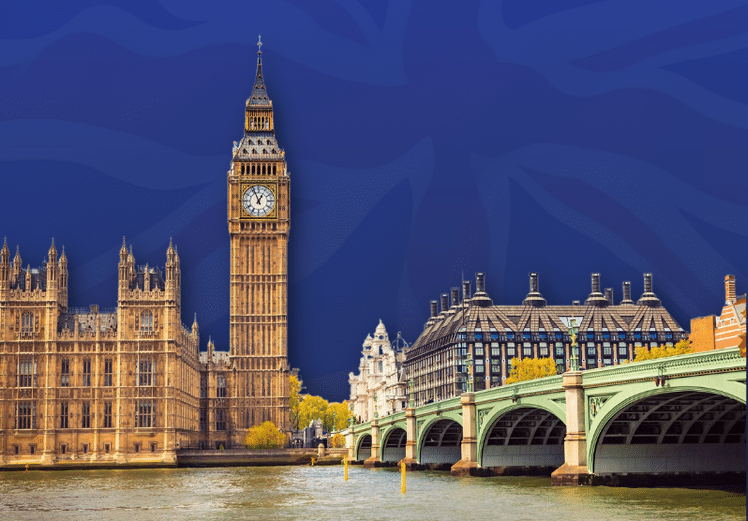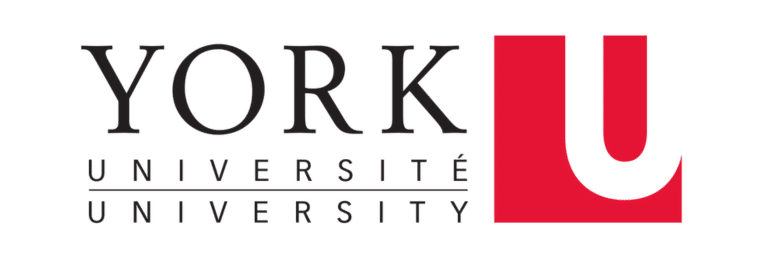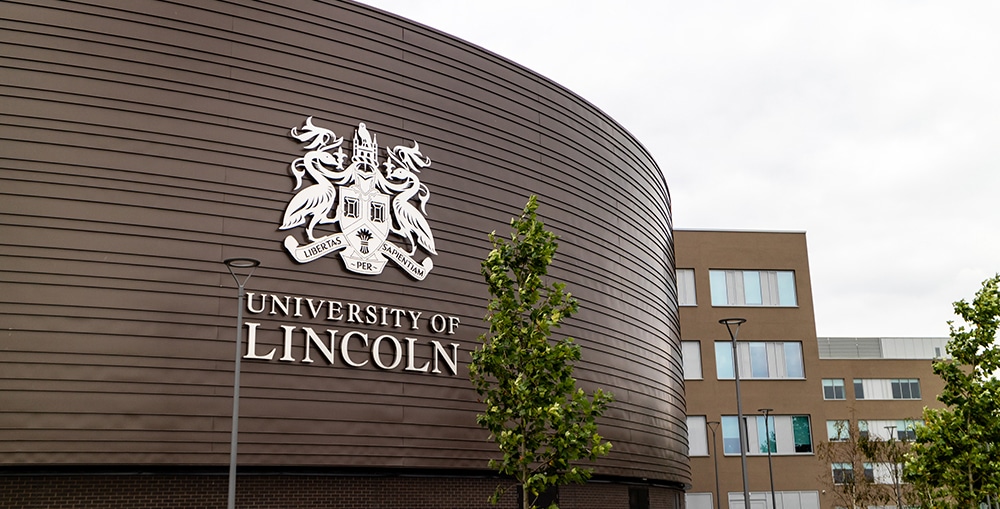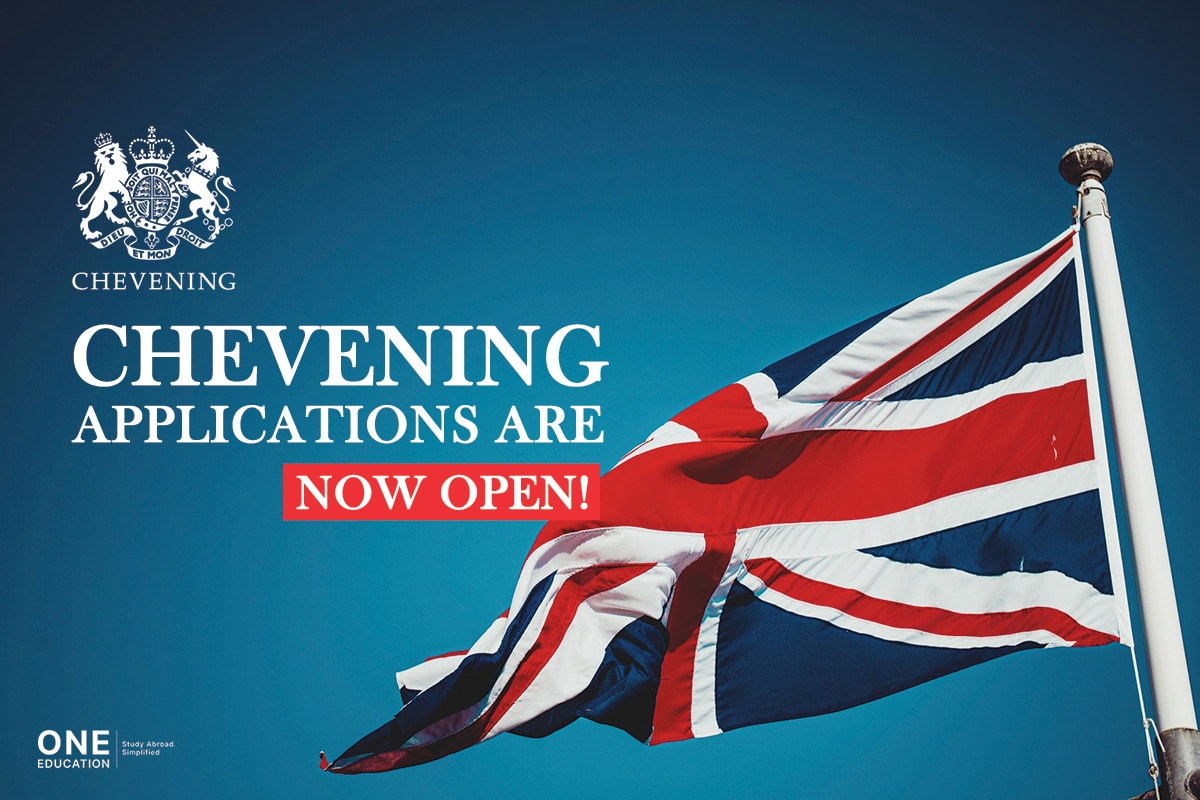GENERAL OVERVIEW OF STUDYING IN CANADA
Canada, a country in North America, has become an ideal destination for international students from around the world. With stunning natural landscapes, an outstanding education system, and rich cultural diversity, Canada is attracting more and more international students who come to pursue their academic and career aspirations. Today, let PASSEDU help you explore opportunities to study in Canada.
General Information
- Country Name: Canada
- Area: 9,984,670 km²
- Population: 38 million people
- Currency: Canadian Dollar (CAD)
- Time Zone: Canada spans multiple time zones depending on the region, generally ranging from UTC -3:30 to UTC -8.
- Official Languages: English and French
Historical Background
Canada has a diverse and complex history. Before the arrival of Europeans, Indigenous peoples inhabited and governed many regions. Later, British and French colonies competed for control of the territory. In 1867, Canada unified its regions to become an official nation. Over time, the country expanded its territory significantly. At the same time, the country underwent changes in its legislative and political systems. It is recognized as a multicultural country that plays an important role in the international community.
Natural Conditions
Canada is a North American country known for having one of the largest land areas in the world. Its territory features diverse landscapes, from the Rocky Mountains on the west coast to the vast plains in the east. Canada is also distinguished by its extensive lake systems, including Superior Lake and Huron Lake. Notably, the country has coastlines along both the Atlantic and Pacific Oceans.
In addition, Canada has Arctic regions and numerous small islands throughout the country. With its varied geography, Canada experiences a range of climates—from the cold polar regions to the milder southern areas. It is a land rich in freshwater resources and vast forests, providing habitats for many diverse plant and animal species.
Cultural and Social Conditions
Canada has long been a country known for welcoming immigrants from all over the world. Many people have settled there for generations and now call Canada their home. This has created a society with rich cultural diversity and vibrant traditions. Major cities in Canada such as Toronto, Montreal, and Vancouver, along with dynamic cultural centers, are home to numerous theaters, museums, and popular cultural attractions. Canada is also the birthplace of many renowned artists, writers, and musicians who have made significant contributions to global performing arts and literature.
Canadians also tend to enjoy participating in public cultural activities. Cities and towns offer many cultural spaces, sports venues, and entertainment facilities. Major sporting events attract large crowds. Cafés, bars, and restaurants are popular spots to socialize and relax. Another important feature of Canada is its two official languages—English and French—and its official multiculturalism policies. This distinguishes Canadian culture from that of the United Kingdom. Cultural diversity in Canada is not only accepted but also actively encouraged and preserved by both the government and society.
Economy
Canada has one of the largest and most developed economies in the world. The country boasts a diverse economic base, with key sectors including oil and gas, information technology, agriculture, and manufacturing. Canada is renowned for its abundant natural resources such as oil, natural gas, and minerals, which contribute to a strong export-oriented industry.
A modern manufacturing sector and significant investments in research and development have positioned Canada as a leader in technology and innovation. In addition, the country has an advanced education and healthcare system. Its robust social welfare programs and diverse, independent population create a welcoming environment for both residents and international students.
Education System
Canada’s education system begins with primary education, which is compulsory for all children starting from age 4. The school year runs from August to June, typically from Monday to Friday. Students can study in either English or French.
The secondary education program is not divided into lower and upper levels as in some countries. Instead, it generally includes grades 7 through 12 (or grade 13 in certain provinces). After graduating from secondary school, students can continue their studies at colleges, universities, or enroll in vocational training programs.
Canada’s colleges and universities offer a wide range of options for international students. Tuition fees are generally reasonable, and students have access to scholarships and opportunities for part-time work. Graduate Certificate programs provide pathways to post-secondary education with flexible entry requirements, making them accessible to those without prior work experience and offering the potential for long-term employment opportunities.
Leading Academic Disciplines
Canada offers many strong academic disciplines that are highly regarded worldwide. Some of the most prominent fields include:
- Computer Science and Information Technology: Canada is a leading hub for technology and innovation, with a rapidly growing IT sector. Canadian universities provide excellent training programs in this field.
- Science and Engineering: With a long-standing tradition of scientific research and technological development, Canada’s science and engineering programs are widely recognized for their quality.
- Business Management: Canada has many top-ranked universities in business administration. MBA and business management programs here are highly reputable and internationally recognized.
- Healthcare and Nursing: Canada is renowned for its advanced healthcare and medical systems. Universities offer high-quality programs in medicine and nursing.
- Environmental and Social Sciences: Canada’s beautiful and diverse natural environment makes it an ideal place to study environmental sciences and related social fields.
- Art and Design: Canada has a strong reputation in the creative industries, including fine arts and design. Programs in art, design, music, and creative disciplines are highly valued.
- Social Sciences: Canada offers many outstanding programs in various areas of social sciences, including psychology, political science, sociology, and other related fields.
Study abroad costs in Canada
Tuition fees in Canada
Dreaming of studying in Canada? Explore a wide range of programs with affordable tuition fees. College programs are an excellent first step, with tuition ranging from approximately 13,000 to 20,000 CAD per year, along with many career opportunities. University programs provide a deeper academic environment, with tuition typically starting from 17,000 to 30,000 CAD per year, equipping you with a solid foundation for future research or specialized careers. Whatever field you choose, make sure to plan carefully to prepare financially so you are ready to embark on your journey to gain knowledge in this beautiful country.
Scholarships for studying in Canada
Don’t let financial concerns hold you back from making your dream of studying in Canada come true! There are plenty of scholarship opportunities available for talented Vietnamese students. Universities always offer attractive financial support programs. The Canadian government also provides many prestigious scholarships for international students. Scholarship values vary widely, from partial tuition support to full funding covering tuition fees and living expenses. Selection is usually based on your outstanding academic achievements and English language proficiency. Be confident in searching for and seizing every opportunity to turn your dream of studying in Canada into reality!
Living expenses in Canada
Life as a student in Canada isn’t just about studying—it’s also about experiencing vibrant local culture. Living costs will vary depending on where you choose to settle. Toronto and Vancouver are bustling cities with higher costs than other provinces. Monthly living expenses range from 500 to 1,200 CAD, depending on location and type of accommodation. You should also budget around 300–600 CAD per month for food. Expect to spend about 150 CAD per month on books and learning materials. Don’t forget to purchase health insurance to protect yourself while studying abroad. With careful financial planning, you will be able to fully enjoy a colorful and memorable student life in Canada.
Job Opportunities
Canada offers many job opportunities for international students. Below are some options and related regulations:
- Part-time job during studies: International students in Canada are allowed to work part-time for up to 20 hours per week during the academic term and full-time during scheduled breaks.
- Post-graduation work permit program (PGWP): After graduation, students can apply for the Post-graduation work permit program. The duration of the work permit depends on the length of the study program in Canada. This allows graduates to work and gain valuable work experience after completing their studies.
- On-campus employment: Many universities and colleges offer on-campus job opportunities for students. This allows students to work directly at their institution, often in roles related to their area of study.
- Internships: Some Canadian study programs include mandatory or optional internships. Internships help students gain hands-on work experience and build professional networks.
- Work programs for international graduates: Canada has work programs specifically for international graduates. Students can apply for a work permit after graduation to find employment related to their field of study.
- Job search websites and career centers: There are many websites and career centers to help students find suitable part-time or full-time jobs.
- Industry networking: Students can build professional connections by participating in events, workshops, and social networks like LinkedIn, which can help them secure employment.
Please note that employment regulations and opportunities may vary depending on the province and field of study when studying in Canada.
Leisure and Entertainment
Holidays
Canada offers many important holidays throughout the year. The winter holidays bring a warm festive atmosphere in late December. Spring holidays usually take place in March or April, providing opportunities for travel and outdoor activities. Summer holidays run from late June to August, the ideal time for outdoor recreation. Labour Day and Thanksgiving are celebrated to relax and honor workers and give thanks. Christmas is celebrated nationwide on December 25. In addition, Canada has many unique regional holidays and festivals that vary by province and territory, adding to the rich diversity of celebrations enjoyed by locals and visitors alike.
Cuisine
Canadian cuisine reflects the country’s diversity, combining the unique characteristics of local and international culinary traditions. Fresh seafood such as salmon, scallops, and oysters, along with wild game meats like venison and moose, are important parts of Canadian meals. Iconic dishes include poutine, with French fries topped, cheddar cheese curds and gravy, ymbolizing the country’s love for comforting food. Maple syrup is a classic Canadian staple, often served with pancakes and waffles. Canada also welcomes international cuisine, offering a wide variety of options to satisfy every food lover.
Attractions
Canada is a beautiful and diverse country with spectacular landscapes and vibrant culture. Visitors can explore Niagara Falls on the eastern border or discover the Rocky Mountains in the west. Enjoy sunny beaches on the tropical islands in the west. The capital city, Ottawa, and Quebec City boast unique architecture and rich history. Meanwhile, Toronto and Vancouver offer vibrant, modern urban experiences. Canada is also renowned for its diverse cultural heritage and rich culinary traditions. Whether you love unspoiled nature, history, art, or gastronomy, Canada has attractions to suit every interest.
Conclusion
In summary, studying in Canada offers access to a world-class education system, excellent learning and employment opportunities, as well as vibrant culture and stunning natural landscapes. Canada provides a wide range of study options at every level, from primary education to Bachelor and Postgraduate programs. In addition, the opportunity to work after graduation and the possibility of immigration are major advantages that attract international students to Canada.
For more detailed information about studying in Canada, please contact PASSEDU for free consultation and answers to all your questions. Wishing you every success! PASSEDU để được tư vấn và giải đáp thắc mắc miễn phí nhé! Chúc các bạn thành công!
























